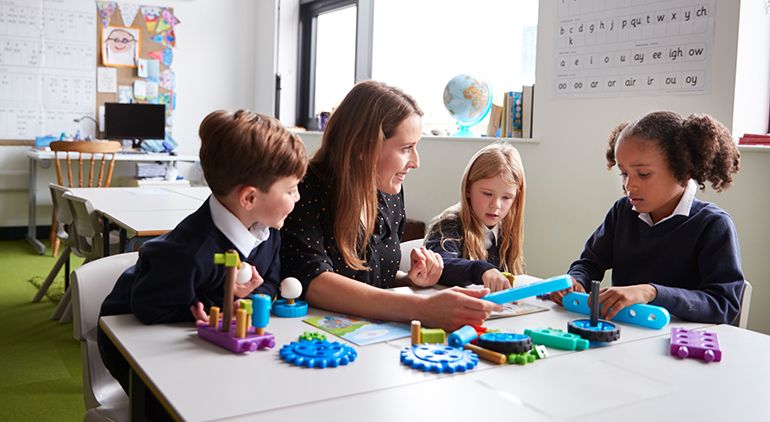As technology continues to play a crucial role in education, assessing learning in early childhood education has become more important than ever. With the right tools and strategies, teachers can effectively measure and track the progress of young learners, ensuring they are meeting developmental milestones and achieving academic goals.
Why Assess Learning in Early Childhood Education?
Assessing learning in early childhood education is essential for several reasons. Firstly, it allows teachers to identify areas where students may be struggling or excelling, enabling them to tailor their instruction to meet the unique needs of each child. Additionally, assessing learning helps educators track progress over time, providing valuable insight into a student’s growth and development.
Types of Assessment
There are several types of assessments that can be used in early childhood education, each serving a different purpose. Some common forms of assessment include:
Observational Assessments: Teachers observe students in various settings to gauge their behavior, social interactions, and cognitive abilities.
Standardized Tests: These tests are designed to measure a student’s knowledge and skills against a standardized set of criteria.
Portfolio Assessments: Students compile a portfolio of their work, showcasing their progress and achievements over time.
Tools for Assessing Learning
Technology has revolutionized the way we assess learning in early childhood education. There are now a plethora of digital tools and resources available to educators, making the process more efficient and effective. Some popular tools for assessing learning include:
Formative Assessment Apps: Apps like Kahoot! and Quizlet allow teachers to create interactive quizzes and games to assess student understanding in real-time.
Learning Management Systems: Platforms like Google Classroom and Schoology make it easy for teachers to track student progress, assign tasks, and provide feedback.
Educational Software: Programs like ABCmouse and Reading Eggs offer fun and engaging activities to help young learners develop key skills.
Best Practices for Assessing Learning
When assessing learning in early childhood education, it’s important to keep a few key best practices in mind:
Use a variety of assessment methods: Mix and match different types of assessments to get a comprehensive view of a student’s progress.
Provide timely feedback: Offer students feedback on their performance in a timely manner, so they can make adjustments and improvements.
Involve parents and caregivers: Keep parents and caregivers informed about their child’s progress and involve them in the assessment process.
Conclusion
Assessing learning in early childhood education is crucial for ensuring students are on track to meet their academic and developmental milestones. By leveraging technology and following best practices, educators can effectively assess student progress, provide targeted support, and help young learners reach their full potential.
With the right tools and strategies in place, assessing learning in early childhood education can be a rewarding and enlightening experience for both teachers and students alike.
